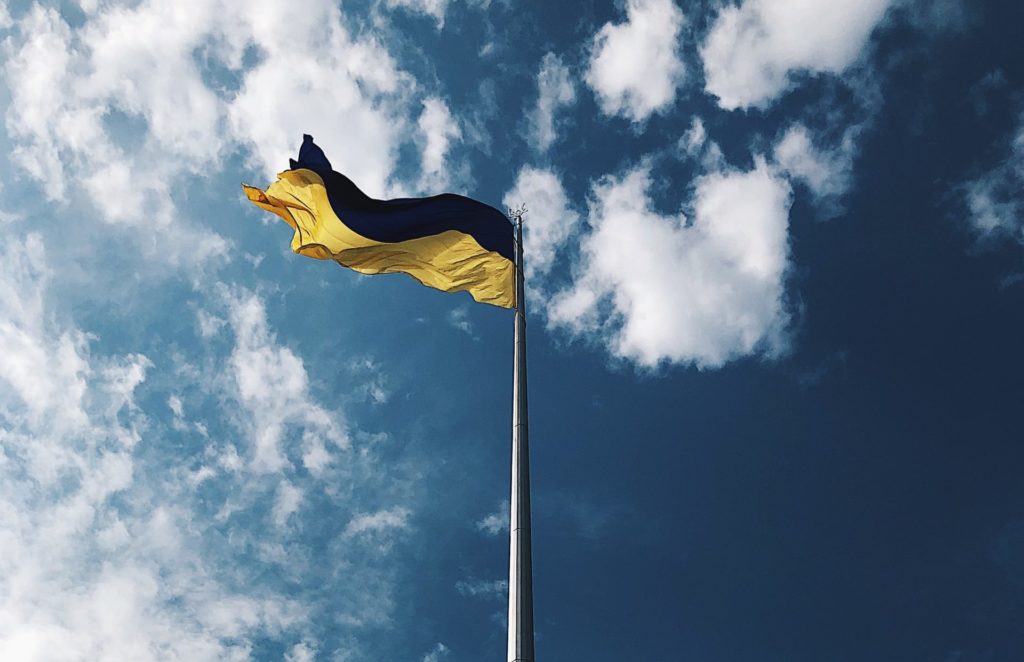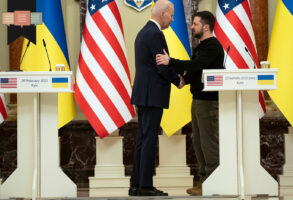
Published March 17, 2022
When Vladimir Putin ordered his troops into Ukraine, all evidence suggests he expected it to be a comparatively easy victory. From his standpoint, many residents of that relatively young country (independent for a little over three decades) barely thought of themselves as Ukrainians at all. Many, he hoped, looking to Russia as their mother country, would welcome Russian troops as liberators. Others, weakened by Western decadence that had infected Ukraine in recent years and with little to cling to beyond its thin ideals of individual autonomy, would perhaps put up a token resistance before melting away.
Many Western observers shared Putin’s skepticism about the fledgling nation, which has shown limited cohesion and conviction in the face of Russian aggression over the past decade. And yet, Ukrainian resistance has been stubborn and unyielding—not merely on the part of the Ukrainian military, which many had doubted, but more strikingly and more importantly on the part of the Ukrainian people. Borrowing from the modern tendency to identify “nationalism” with Nazism and other evil regimes, Putin had insisted that his “special military operation” was undertaken to combat Ukrainian “nationalism.” Ironically, his invasion may have caused a resurgence of Ukrainian nationalism, as citizens rallied to defend their homeland.
Click here to continue reading this article on WORLD Opinions.
Brad Littlejohn (Ph.D., University of Edinburgh) is the founder and president of the Davenant Institute. He also works as a fellow at the Ethics and Public Policy Center and has taught for several institutions, including Moody Bible Institute–Spokane, Bethlehem College and Seminary, and Patrick Henry College. He is recognized as a leading scholar of the English theologian Richard Hooker and has published and lectured extensively in the fields of Reformation history, Christian ethics, and political theology. He lives in Landrum, S.C., with his wife, Rachel, and four children.
Photo by Daria Volkova on Unsplash
Brad Littlejohn, Ph.D., is a Fellow in EPPC’s Evangelicals in Civic Life Program, where his work focuses on helping public leaders understand the intellectual and historical foundations of our current breakdown of public trust, social cohesion, and sound governance. His research investigates shifting understandings of the nature of freedom and authority, and how a more full-orbed conception of freedom, rooted in the Christian tradition, can inform policy that respects both the dignity of the individual and the urgency of the common good. He also serves as President of the Davenant Institute.










